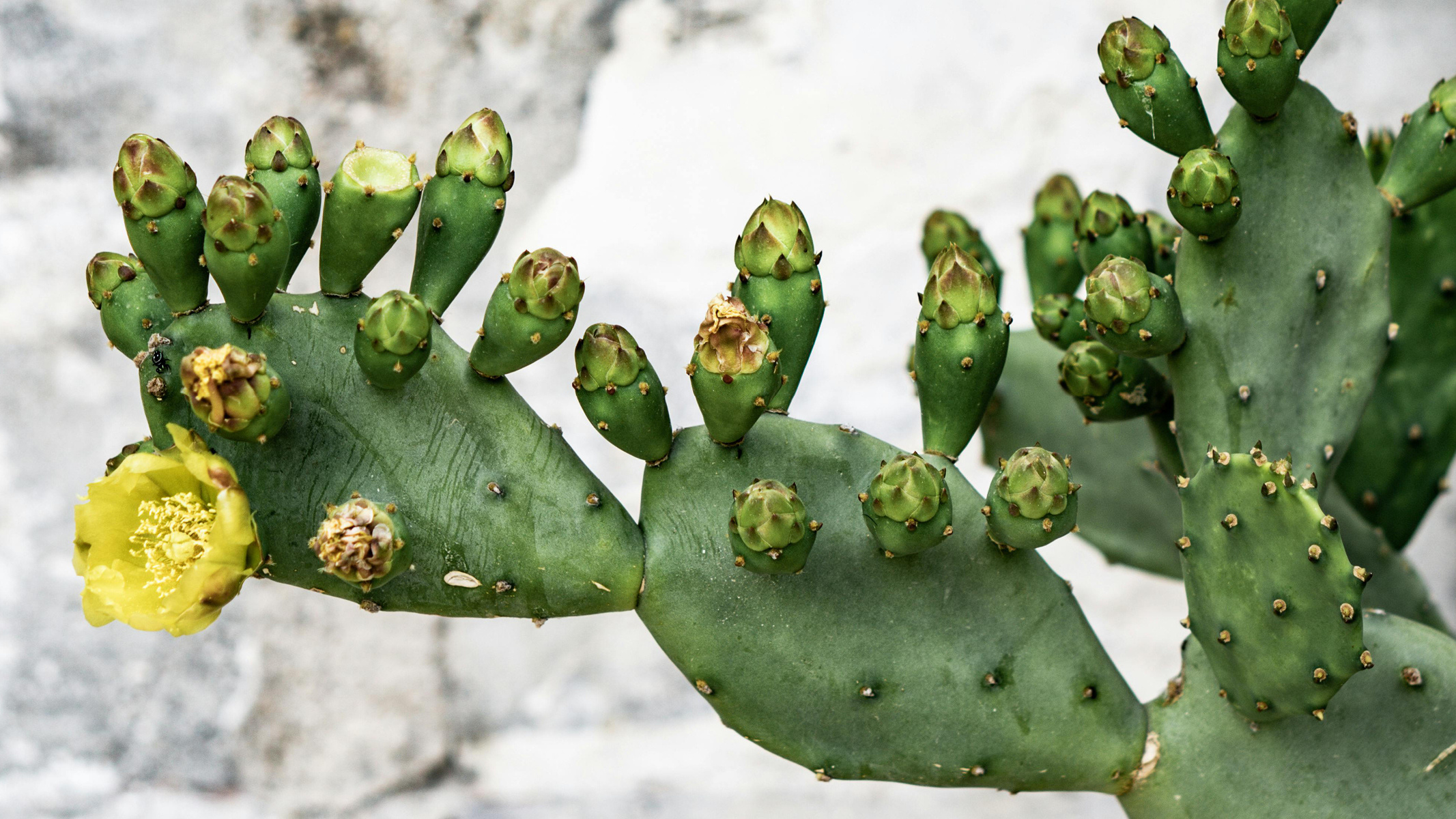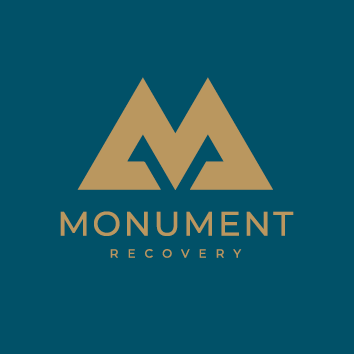What is Holistic Recovery? Understanding Young Adult Treatment Programs
null • Written by: Monument Recovery

When it comes to young adult addiction treatment, “holistic” is more than just a buzzword. While you might be seeing “holistic addiction treatment” offered more and more, there is a good reason for it. It works. So if you’re curious about how holistic treatment differs from the traditional treatment of your parents era, keep reading. We’ll break down what it is and if it’s the right decision for you.
Holistic Recovery: More Than a Trend
Let’s start from the beginning. What is holistic recovery? I’ll tell you what it’s not. It’s not crystals and magic. Holistic addiction recovery is a treatment approach that encompasses the entire person. Instead of focusing only on the obvious issue (substance use or mental health issues), it looks at every piece of your life. This includes your mind, body, emotions, relationships, and even your sense of purpose. Think of it like a puzzle. You’re not just one piece; you’re the whole picture.
For young adults, this approach can be especially powerful. Why? Because your twenties shouldn’t be spent simply surviving. They should be spent figuring out who you are as a person. Holistic recovery acknowledges that. It’s about creating balance, not perfection. And we could all use a little more balance in our lives.
Why Young Adults Are Leaning Into Holistic Treatment
I want to be really clear. Traditional treatment methods do work, but sometimes they can feel like they’re only scratching the surface. That’s where holistic treatment really shines. It’s designed to go deeper, helping you address the stuff you might not even realize is part of the problem. You don’t know what you don’t know!
Stress can feel like carrying a mountain on your back. But evidence-based practices like yoga, meditation, or breathwork can help lighten that load.
Nutrition is another piece that is often overlooked. That late night pizza or Taco Bell run is probably impacting your mental health more than you think. Holistic recovery programs help you rebuild a healthier relationship with food. Fueling your body fuels your recovery. Connection also plays a significant role. Group therapy, family sessions, and creative outlets like art and music therapy can help you reconnect with yourself and others in meaningful ways.
So, What Does It Actually Look Like?
What the holistic recovery program looks like will vary depending on where you go, but they’ll all share one thing: they go beyond the basics. Traditional therapy is usually a key piece, but it’s often paired with options like trauma therapy, mindfulness practices, or experiential therapies such as outdoor adventures or equine therapy.
Lots of programs will also emphasize physical wellness, offering fitness activities or even massage therapy to prioritize your health. Creative endeavors, like painting or writing, allow you to express feelings that words might not fully capture. Additionally, life skills training is often included because adulting is hard. Support with practical skills like budgeting, cooking, and job preparation can set you up for long-term success and independence.
Is Holistic Recovery Right for You?
It’s a fair question. Holistic recovery isn’t a magic wand, but it can be a game-changer for lots of young people. One of its biggest strengths is its adaptability. You’re not a cookie-cutter person, so why settle for cookie-cutter treatment?
Holistic programs are designed to meet you where you are and adapt to your needs. They also build self-awareness, helping you understand your triggers, strengths, and what makes you feel whole. More importantly, holistic recovery is empowering. At the end of the day, recovery is about reclaiming your life and realizing you’re capable of more than you might think.
Breaking Down Misconceptions
I said at the outset that holistic recovery is not all yoga and crystals. While mindfulness and alternative therapies might play a role, these programs are often rooted in evidence-based practices. It’s where science meets soul. A common myth is that it’s not serious treatment. In reality, holistic recovery addresses every part of your life, often leading to deeper, more lasting change. You could make the argument that holistic treatment is more serious than traditional treatment. You don’t have to love meditation or dreamcatchers to benefit; and if you participate you’ll have the freedom to find what works for you.
Taking the First Step
Deciding to seek help is hard. Deciding what kind of help? Even harder. But the truth is, recovery isn’t just about the destination. It’s about the journey—and holistic recovery might just be the map you’ve been looking for.
If you’re interested in learning more about what holistic treatment could look like for you, give Monument Recovery a call today.

